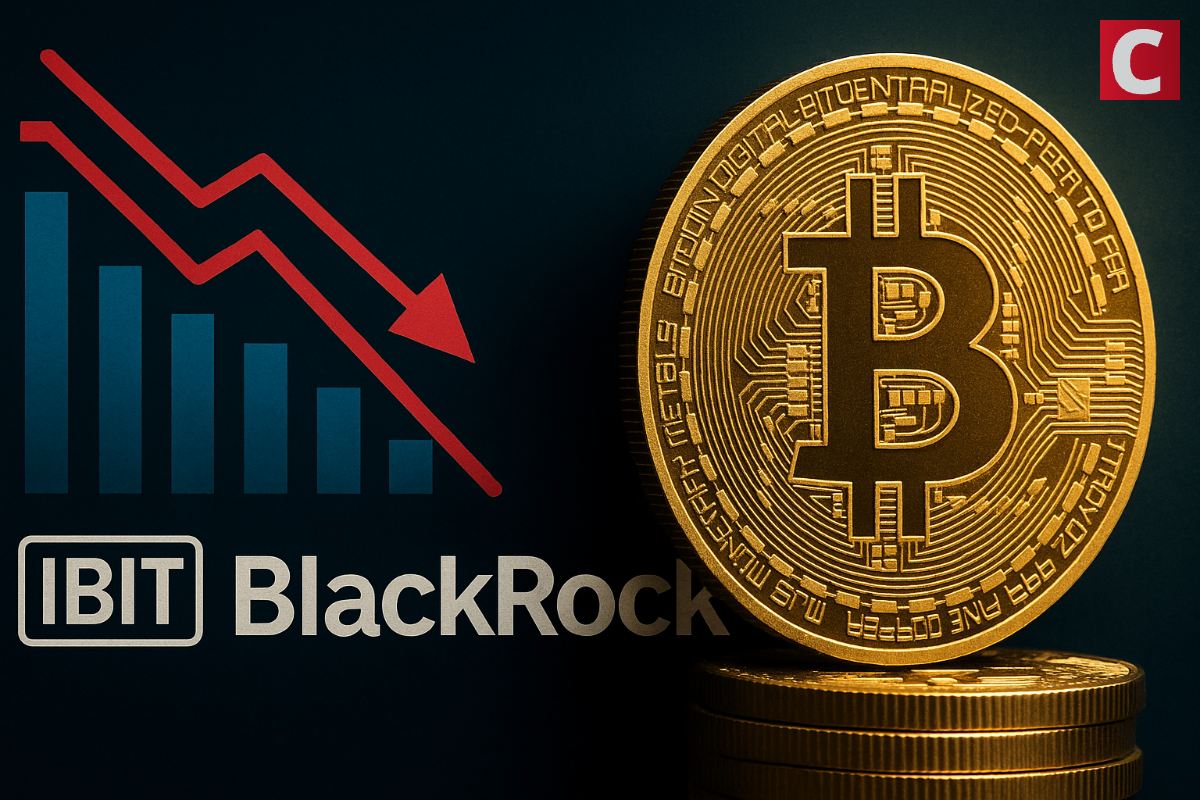
content, reviewed by leading industry experts and seasoned editors. Ad Disclosure
The US Senate is reportedly poised to approve significant legislation regulating stablecoins. This bill, known as the GENIUS Act—an acronym for “Guiding and Establishing National Innovation for US Stablecoins”—marks a pivotal moment for the crypto industry as it seeks to gain legitimacy and instill confidence among consumers. The legislation will soon move to the House for potential amendments.
Bipartisan Support Grows For Stablecoin Regulation
According to Fortune, eighteen Democratic senators have joined their Republican counterparts in supporting the GENIUS Act, which is expected to pass with a narrow 53-47 majority.
If approved, this would represent the second major bipartisan measure to advance through the Senate this year, following the Laken Riley Act addressing immigration enforcement.
Senator Angela Alsobrooks, a Democrat from Maryland, expressed optimism about the bipartisan effort, noting, “We weren’t able to include everything we would have wanted, but it was a good bipartisan effort.” She emphasized the importance of regulating an area that has previously been unregulated.
One notable provision within the GENIUS Act prohibits members of Congress and their immediate families from profiting off stablecoins, although this restriction does not extend to the president and his family.
Notably, this aspect has raised eyebrows, especially as President Donald Trump expands his involvement in the crypto space. Recently, Trump hosted a private dinner at his golf club with investors in a Trump-branded memecoin and has a significant stake in World Liberty Financial (WLFI), which has launched its own stablecoin, USD1.
‘Super Highway For Corruption’
While the crypto industry views this legislative effort as a bipartisan achievement, the bill has faced challenges along the way. Senate Banking Committee Chair Tim Scott, a Republican from South Carolina, noted, “The GENIUS Act will be the most significant digital assets legislation ever to pass the US Senate.”
However, the bill encountered setbacks earlier this month when a group of Senate Democrats withdrew their support, prompting renewed negotiations among Senate Republicans, Democrats, and the White House.
Despite these efforts, unresolved concerns regarding presidential conflicts of interest linger, particularly among Democratic lawmakers. Senator Elizabeth Warren, a vocal critic and the ranking member of the Senate Banking Committee, has cautioned that the bill could create a “super highway” for potential corruption linked to Trump.
The senator, who is known for her anti-crypto stance, also expressed concern about major tech companies, such as Amazon and Meta, introducing their own stablecoins.
Should the Senate pass the stablecoin legislation, it will still face significant hurdles in the House, where the Republican majority may seek to attach broader market structure provisions to the bill. This could complicate its passage and delay its arrival at the president’s desk.
Featured image from DALL-E, chart from TradingView.com

Editorial Process for bitcoinist is centered on delivering thoroughly researched, accurate, and unbiased content. We uphold strict sourcing standards, and each page undergoes diligent review by our team of top technology experts and seasoned editors. This process ensures the integrity, relevance, and value of our content for our readers.

















 English (US) ·
English (US) ·